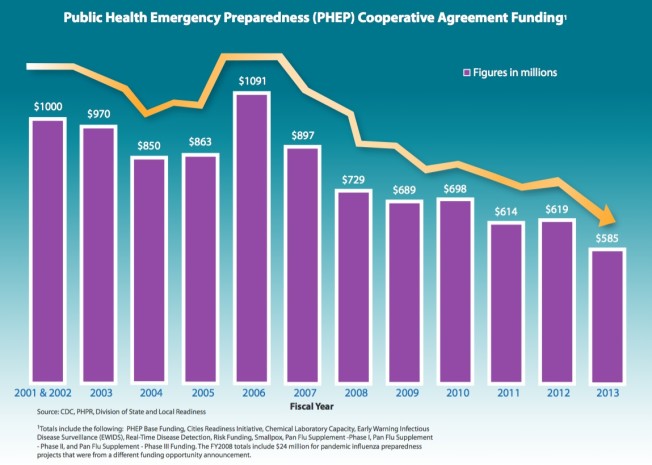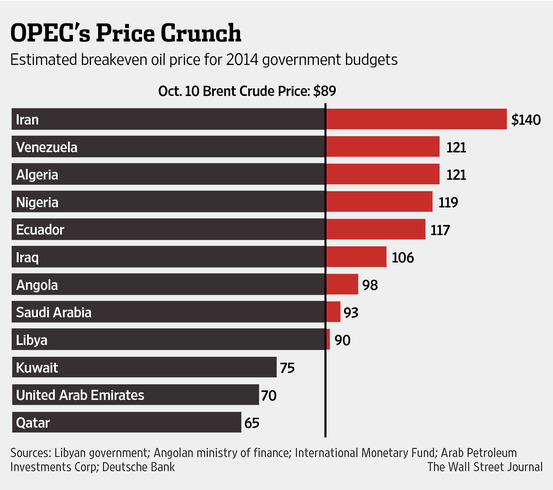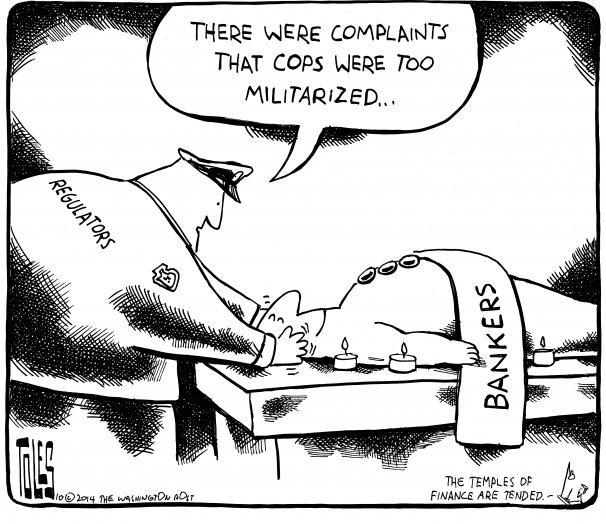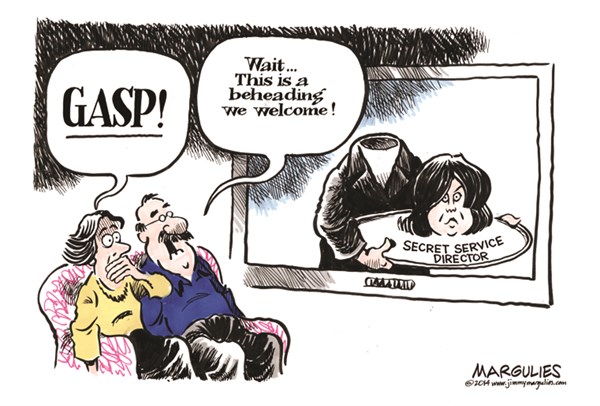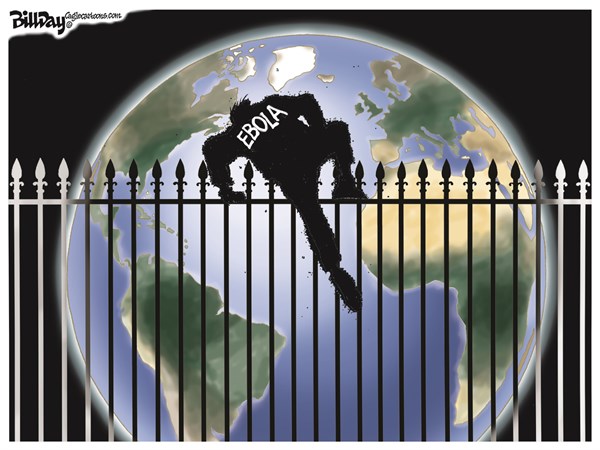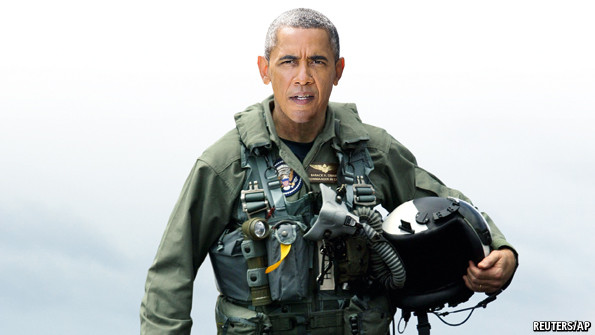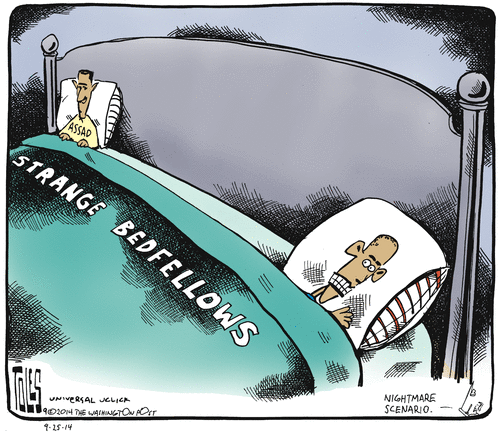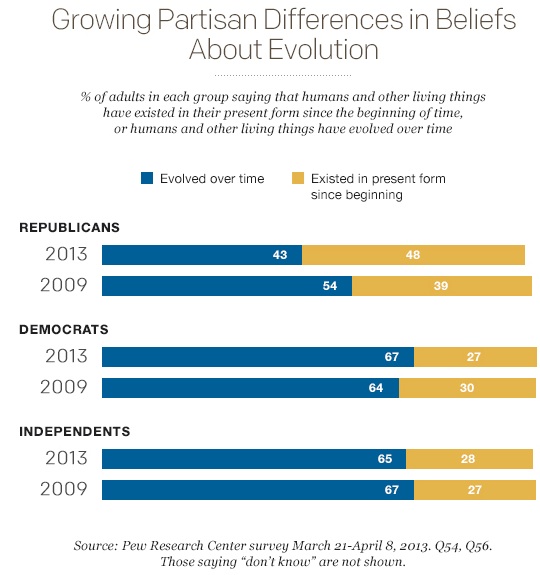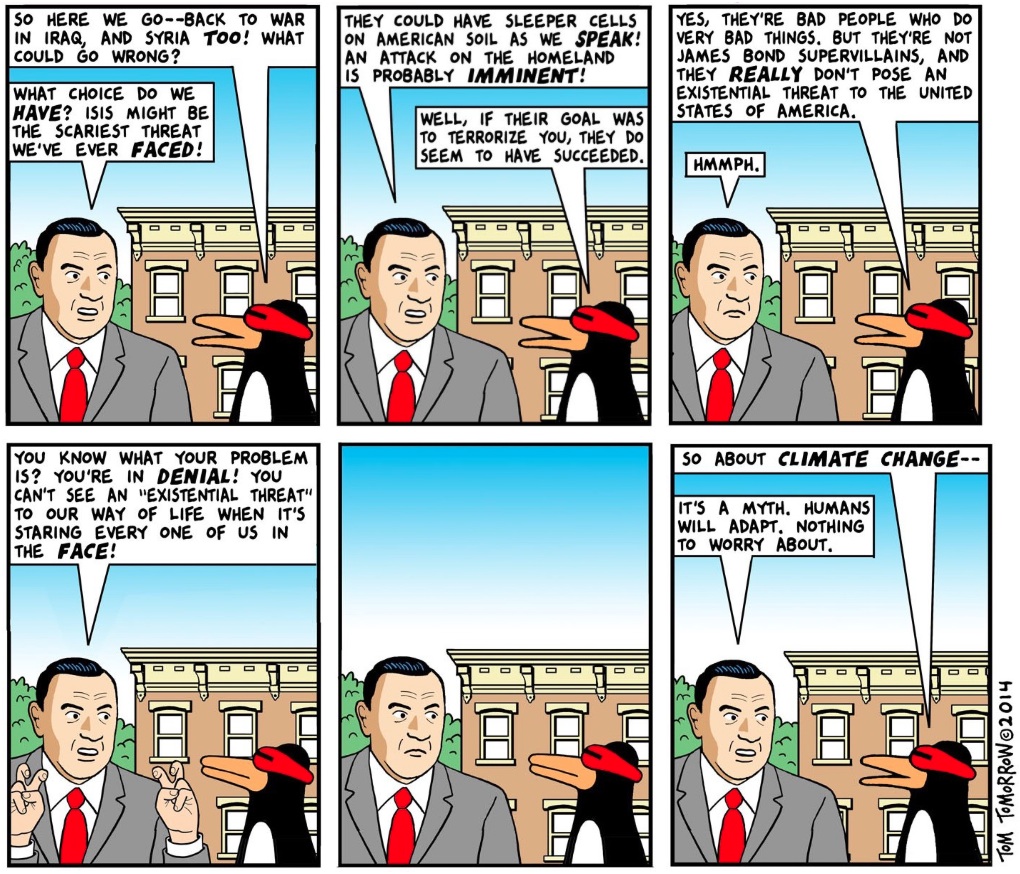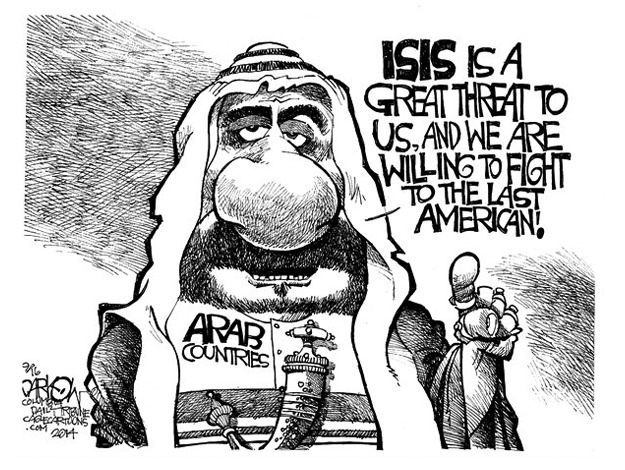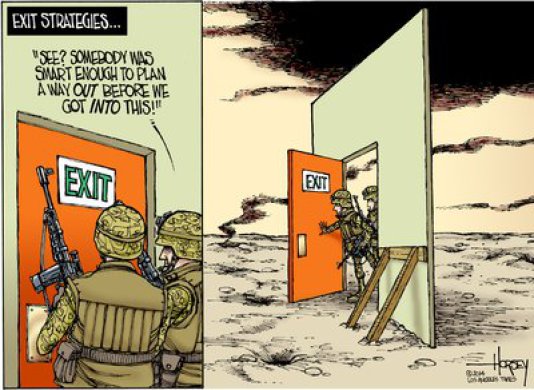What’s Wrong Today:
This year, Republicans did not put up a challenger in 37 House races, while Democrats did not field candidates in 32 districts, according to the Cook Political Report. Another 8 House districts will see no contest between the main parties, because of the “top two” primary system used in California and Washington state. These 77 single-party House races are a high number by recent standards. In 2012, there were 45 of them.
In today’s Democratic Party, challengers seldom see a primary attack from their left, while Republican incumbents often fear attacks from the right. The Economist quotes Rep. Mike Capuano (D-MA) who is running unopposed: (brackets by the Wrongologist)
In politics, Republicans are like dogs, working as a pack [while] Democrats are the cats.
Few races for the House are closely fought. Roughly 80% of the 435 members have little or fear on election day. Given the very high costs of getting elected, there are fewer opposition candidates in historically safe House districts.
Turning to the Senate, in July 2014, 42 Senators (41 GOP and 1 Dem) succeeded in killing Bill S2569, which would have repealed the corporate tax break for shipping American jobs overseas (you need 60 votes to overturn a Filibuster). And on Nov 4th, Kentucky Sen. Mitch McConnell (R) and all the other Senators (running in this cycle) who voted against the Bill will be re-elected.
DC insiders think that this is a feature, not a bug. Would voters tolerate a Congress with hundreds of uncontested seats?
Thursday linkage:
If they show you a chart, apparently, you will believe whatever they are saying.
Independents favor Republicans by 20 points: Republicans have discovered that a sufficiently united party can obstruct everything and anything, but largely escape blame for the resulting gridlock.
The most politically engaged states: This study shows the most engaged states had a more highly educated population, higher per capita economic output and fairer tax systems. Massachusetts and Colorado were #1 & #2. West Virginia was #50.
The US is developing better relations with Iran: If permanent, the shift could drastically alter the balance of power in the region. If the nuclear issue is resolved, this could be Obama’s greatest legacy. But, it risks alienating key US allies, like Israel, Saudi Arabia and United Arab Emirates.
Dubai police to use Google Glass with facial recognition to ID bad guys: Well, last year Dubai announced it would supply its police with $400,000 Lamborghini’s for use at major tourist sites. Cool cars and stupid glasses.
Some of Bach’s masterpieces were composed by his wife: A documentary film, “Written by Mrs. Bach” makes a case that Anna Magdalena Bach actually composed some of works attributed to her husband, Johann Sebastian Bach. And she had to cook and clean.
Home ownership rate in the US fell to the lowest rate in more than 19 years: Entry-level buyers have been held back by stringent mortgage standards and slow wage growth. The share of first-time buyers was 29% in September for the third straight month, compared with about 40% historically.
Who is watching the World Series? Apparently, fewer of us than ever: The last time the World Series averaged more than 20 million viewers was in 2004 when the Boston Red Sox defeated the St. Louis Cardinals to take their first title since 1918.
Your Thursday Music Break:

